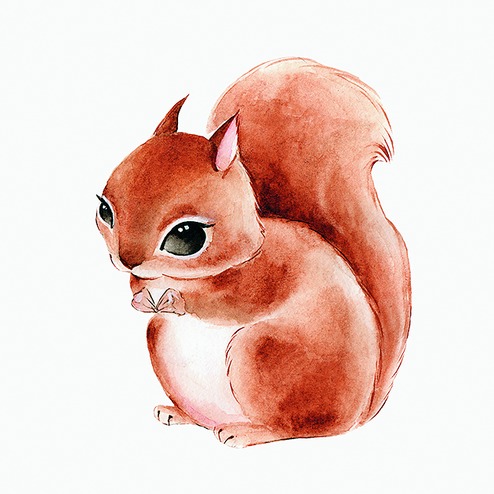Are we getting stupider everyday?
• While IQ levels had risen steadily in the wealthy nations in the last century, scientists have been noticing a drop in average IQ since 2004. One controversial theory states that the most educated women in Western countries have been having the fewest children, leading to a drop in overall IQ. Tests for IQ have, however, changed over time so it is difficult to say whether IQ levels have really been dropping. Now Robin Morris of King's College London and his colleagues have found a way to get around this. They have broken down old IQ tests into different categories that are easier to compare.
Morris's team looked through more than 1,750 different types of IQ test from 1972 onwards for two sub-groups of tests: those that measure short-term memory, and those that assess working memory - the ability to hold in your head information for processing, reasoning and decision-making. They found that while short-term memory scores have risen in the last 45 years, working memory seems to have declined. The other trend the team spotted was the increase in people 60 years or older sitting for these IQ tests. Now, it is a well known fact that while short-term memory stays the same, working memory declines with age. "The idea that population ageing may be responsible [for falling IQ level] makes sense," says Jakob Pietschnig of the University of Vienna. He now wants more specific tests looking at elements of intelligence whose decline with age are well established, such as processing time and reaction speed.

Not just nuts
• Fox squirrels stockpile anything between 3,000 to 10,000 nuts a year, depending on the area in which they are foraging. But how do they remember where they have hidden their nuts? A study, published recently in the Royal Society Open Science journal, has found that squirrels arrange their bounty using "chunking," a cognitive strategy in which humans and other animals organise spatial, linguistic, numeric or other information into smaller more manageable collections, such as subfolders on a computer. "This also suggests that squirrels use flexible strategies to store food depending on how they acquire food," said study lead author Mikel Delgado, a post-doctoral researcher who conducted the study along with UC Berkeley psychology professor Lucia Jacobs. Presumably, sophisticated caching techniques maximise the squirrels' ability to remember where they've stored their prized treats.











